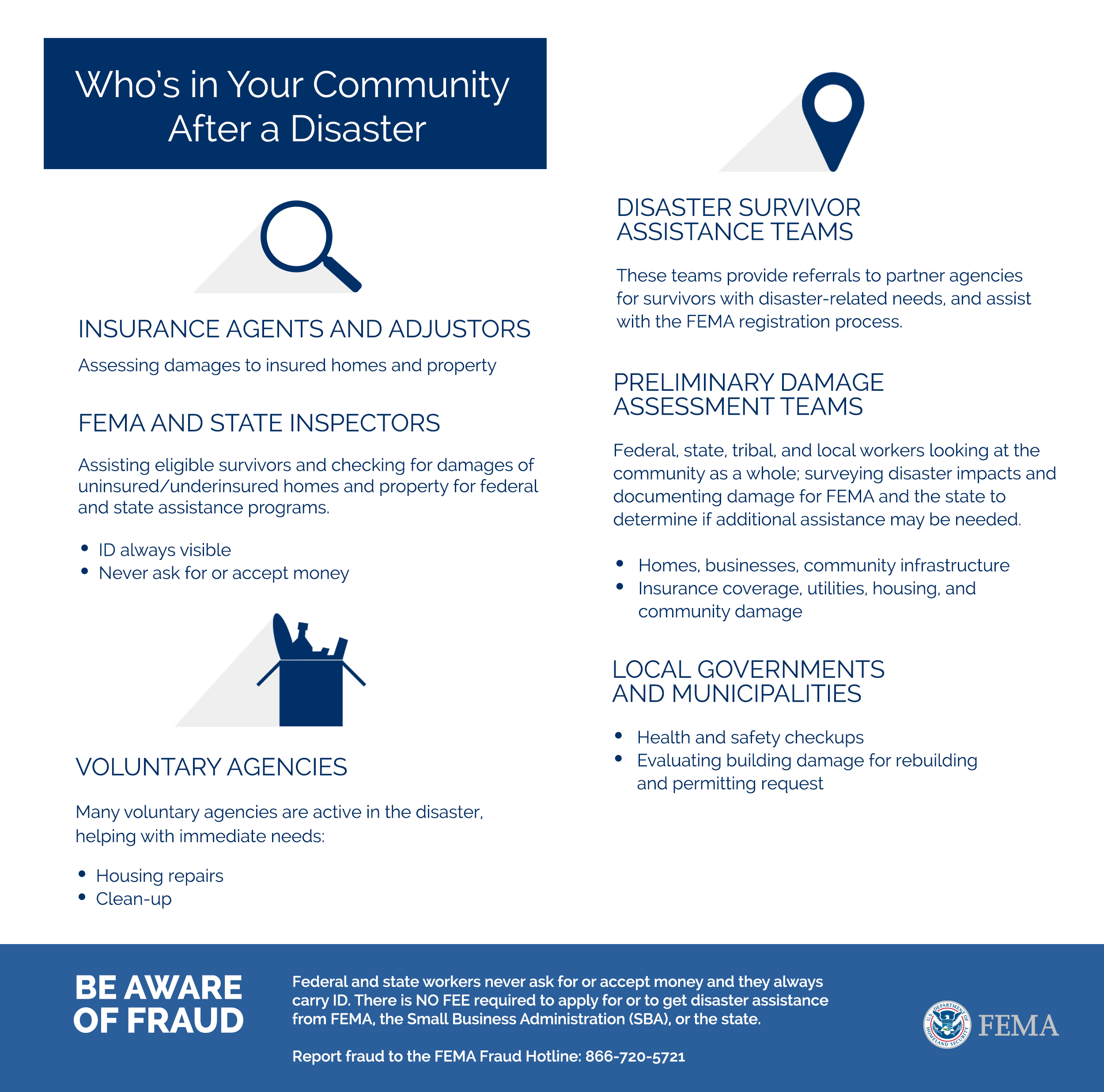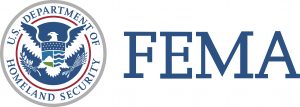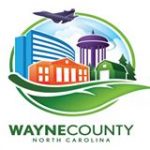There are many agencies and organizations helping with our recovery. This graphic explains the roles of some of them.

FEMA/Virginia Case – Oct 24, 2016
Understanding Your FEMA Letter and How to Appeal It

If you applied for FEMA help in the aftermath of Hurricane Matthew and you disagree with the decision stated in the letter you received, a quick fix may be all that is needed to change it.
It’s important that you read your letter carefully to understand FEMA’s decision so you will know exactly what you need to do. Many times applicants just need to submit extra documents for FEMA to process their application.
Examples of missing documentation may include an insurance settlement letter, proof of residence, proof of ownership of the damaged property, and proof that the damaged property was your primary residence at the time of the disaster.
If instructed and needed, you can simply submit missing documentation to FEMA online at www.disasterassistance.gov, by mail or fax, or by visiting a Disaster Recovery Center.
There may be more than one reason you disagree with FEMA’s decision. For example, if you feel the amount or type of assistance is incorrect, you may submit an appeal letter and any documents needed to support your claim, such as a contractor’s estimate for home repairs.
If you have insurance, FEMA cannot duplicate insurance payments. However, if you’re under-insured you may receive further assistance for unmet needs after insurance claims have been settled.
How to Appeal a FEMA Decision
All appeals must be filed in writing to FEMA. You should explain why you think the decision is incorrect. When submitting your letter, please include:
In addition, your letter must be either notarized, include a copy of a state issued identification card, or include the following statement, “I hereby declare under penalty of perjury that the foregoing is true and correct.” You must sign the letter.
If someone other than you or the co-applicant is writing the letter, there must be a signed statement from you affirming that the person may act on your behalf. You should keep a copy of your appeal for your records.
To file an appeal, letters must be postmarked, received by fax, or personally submitted at a Disaster Recovery Center within 60 days of the date on the determination letter.
By mail:
FEMA – Individuals & Households Program
National Processing Service Center
P.O. Box 10055
Hyattsville, MD 20782-7055
By fax:
800-827-8112
Attention: FEMA – Individuals & Households Program
You should have received a booklet called “Help after a Disaster.” It explains what you need to provide for your appeal. The booklet is available online at www.fema.gov/help-after-disaster.
If you have any questions about submitting insurance documents, proving occupancy or ownership, or anything else about your letter, you may call the FEMA Helpline at 800-621-3362. If you use TTY, call 800-462-7585. Those who use 711 or Video Relay Service can call 800-621-3362. Lines are open from 7 a.m. to 11 p.m. EDT, seven days a week, until further notice. You can also visit a North Carolina disaster recovery center and speak with a disaster assistance representative. Locate your closest center by going online to fema.gov/drc or by calling the FEMA Helpline.
###
Disaster recovery assistance is available without regard to race, color, religion, nationality, sex, age, disability, English proficiency or economic status. If you or someone you know has been discriminated against, call FEMA toll-free at 800-621-3362 or TTY at 800-462-7585.
FEMA’s mission is to support our citizens and first responders to ensure that as a nation we work together to build, sustain, and improve our capability to prepare for, protect against, respond to, recover from, and mitigate all hazards. Follow FEMA on twitter at@femaregion4. Download the FEMA app with tools and tips to keep you safe before, during, and after disasters.
Dial 2-1-1 or 888-892-1162 to speak with a trained call specialist about questions you have regarding Hurricane Matthew; the service is free, confidential and available in any language. They can help direct you to resources. Call 5-1-1 or 877-511-4662 for the latest road conditions or check the ReadyNC mobile app, which also has real-time shelter and evacuation information. For updates on HurricaneMatthew impacts and relief efforts, go to ReadyNC.org or follow N.C. Emergency Management on Twitter and Facebook. People or organizations that want to help ensure North Carolina recovers can visit NCdisasterrelief.org or text NCRecovers to 30306.
The U.S. Small Business Administration (SBA) is the federal government’s primary source of money for the long-term rebuilding of disaster-damaged private property. SBA helps homeowners, renters, businesses of all sizes, and private non-profit organizations fund repairs or rebuilding efforts and cover the cost of replacing lost or disaster-damaged personal property. These disaster loans cover losses not fully compensated by insurance or other recoveries and do not duplicate benefits of other agencies or organizations. For more information, applicants may contact SBA’s Customer Service Center by calling (800) 659-2955, emailingdisastercustomerservice@sba.gov, or visiting SBA’s Web site at www.sba.gov/disaster. Deaf and hard-of-hearing individuals may call (800) 877-8339.
Duke Energy News: Not Able to Restore Service, Disconnecting Power
Duke Energy Unable to Restore Service in Some Areas

Release date: October 27, 2016
As Wayne County continues to respond to this historical flooding event, the Wayne County Emergency Operations Center wanted to share the following information from Duke Energy.
Duke Energy Progress District Manager Millie M. Chalk stated: “Due to significant damage and flooding resulting from Hurricane Matthew, Duke Energy has been unable to restore service in some areas. We continue to work with local and state officials to make repairs and restore service. For locations too damaged to safely receive power, existing electric meters have been or will be removed to ensure the safety of our customers.”
If you or your business have been displaced by Hurricane Matthew’s flood waters and have questions or need additional information about your Duke Energy account, please contact customer service at 1-800-452-2777.
###
Duke Energy to Disconnect Power from Some Temporarily Condemned Homes/Businesses

Release date: October 21, 2016
Duke Energy and the City of Goldsboro believe that 310 of 396 temporarily condemned homes/businesses must have the power disconnected due to liability and safety concerns related to electrical components being under water. In addition, the structures could have mold, mildew, and/or mechanical problems. We have inspected these structures using a licensed electrical contractor and believe them to be unsafe. Power will be disconnected in the near future, for more information on how to restore power, please contact Duke Energy at 1-800-452-2777.
If you have had flood damage or a temporary condemned sign placed on your property you will need to come to the Inspections Department located at 200 N. Center Street, Goldsboro and obtain a Building permit at no charge. This permit will allow you to start the repair process to your home or business. After all repair work has been done and inspections completed, the Inspections Department will remove the condemned sign from the property and the power will be restored.
For additional information, please contact Allen Anderson, Chief Building Inspector for the City of Goldsboro, at 919- 580-4385 or 919-580-4389.
Door hangers are being placed on all homes where power will be disconnected. The City urges residents to check their homes for door hangers and make necessary arrangements if your power will be disconnected.
For those who need temporary lodging, School Street School is available. The school is located in the 500 block of West Elm Street across from Dillard Charter Academy and is the county-run shelter for Hurricane Matthew victims. Goldsboro-Wayne Transportation Authority (GWTA) busses stop twice an hour Monday through Saturday. Additionally, there is a school bus stop for all students in the shelter.
###
Releases from Tracie Davis
Joint Marketing/Communications Director for the County of Wayne and City of Goldsboro
919-223- 2293/ Tracie.Davis@waynegov.com
New and returning students who plan to attend Wayne Community College for the spring 2017 semester may apply for Foundation of Wayne Community College scholarships through Friday, Nov. 4.
Scholarship applications are available in the Foundation office in the Dogwood Building on the college’s main campus in Goldsboro and can be printed from www.waynecc.edu/foundation/scholarships.
Students seeking Foundation scholarships are required to apply for federal financial aid and can do so online at www.fafsa.ed.gov or obtain materials from the WCC Financial Aid Office.
For more information about Foundation scholarships, call (919) 739-7006 or (919) 739-7022 or send a message tomdbelmont@waynecc.edu or esbyrd@waynecc.edu. To reach the WCC Financial Aid Office, dial (919) 739-6735.
The Foundation awarded 227 scholarships totaling $186,895.55.569 scholarships for the fall 2016 semester. In addition to raising and dispersing funds for scholarships, it provides funding for innovative campus projects and employee recognition, and offers cultural programs for the community.
Wayne Community College is a public, learning-centered institution with an open-door admission policy located in Goldsboro, N.C. As it works to develop a highly skilled and competitive workforce, it serves 14,000 individuals annually as well as businesses, industry, and community organizations with high quality, affordable, accessible learning opportunities, including more than 70 college credit programs.
Wayne Community College’s mission is to meet the educational, training, and cultural needs of the communities it serves.
New and returning students who plan to attend Wayne Community College for the spring 2017 semester may apply for Foundation of Wayne Community College scholarships through Friday, Nov. 4.
Scholarship applications are available in the Foundation office in the Dogwood Building on the college’s main campus in Goldsboro and can be printed from www.waynecc.edu/foundation/scholarships.
Students seeking Foundation scholarships are required to apply for federal financial aid and can do so online at www.fafsa.ed.gov or obtain materials from the WCC Financial Aid Office.
For more information about Foundation scholarships, call (919) 739-7006 or (919) 739-7022 or send a message tomdbelmont@waynecc.edu or esbyrd@waynecc.edu. To reach the WCC Financial Aid Office, dial (919) 739-6735.
The Foundation awarded 227 scholarships totaling $186,895.55.569 scholarships for the fall 2016 semester. In addition to raising and dispersing funds for scholarships, it provides funding for innovative campus projects and employee recognition, and offers cultural programs for the community.
Wayne Community College is a public, learning-centered institution with an open-door admission policy located in Goldsboro, N.C. As it works to develop a highly skilled and competitive workforce, it serves 14,000 individuals annually as well as businesses, industry, and community organizations with high quality, affordable, accessible learning opportunities, including more than 70 college credit programs.
Wayne Community College’s mission is to meet the educational, training, and cultural needs of the communities it serves.